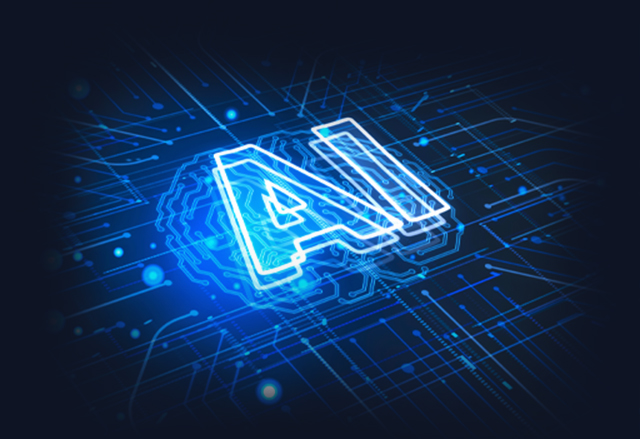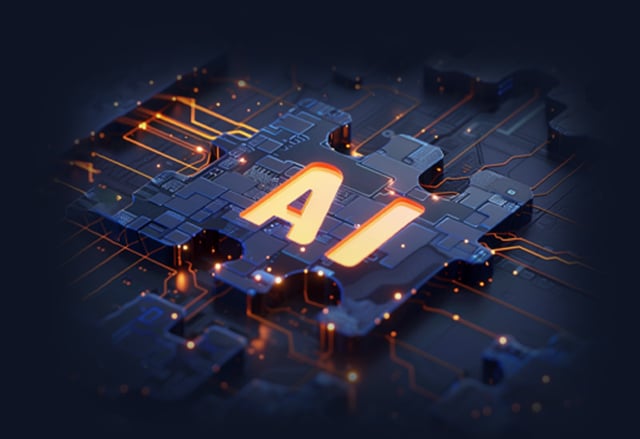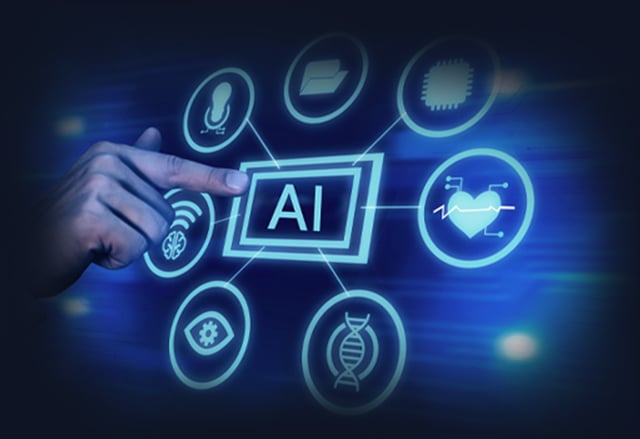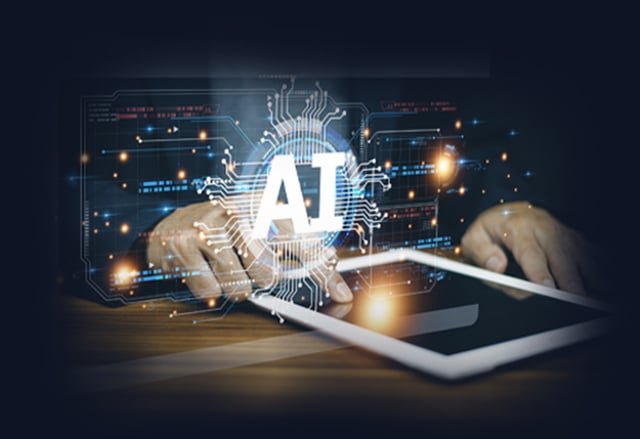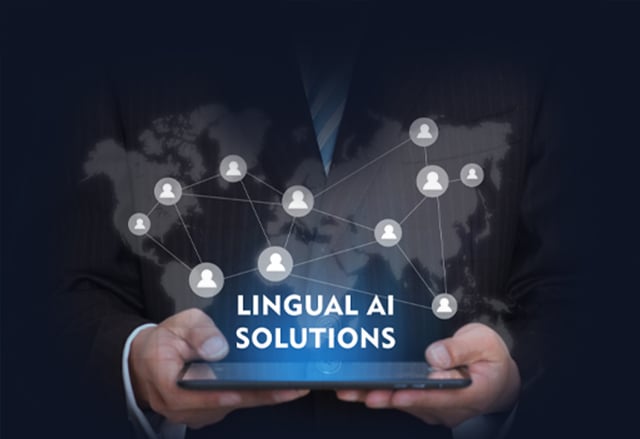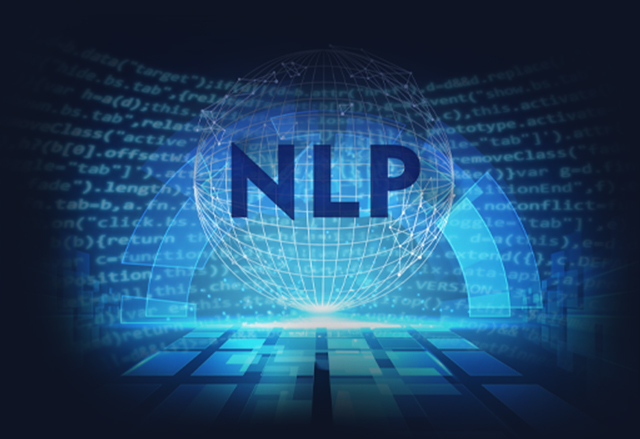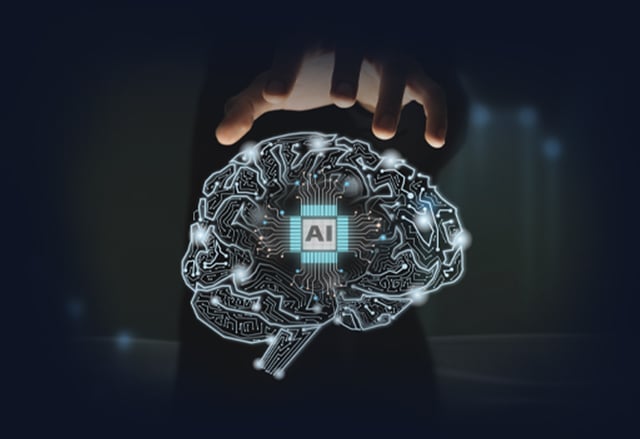Exploring Opportunities: Knowledge Mining for Growth
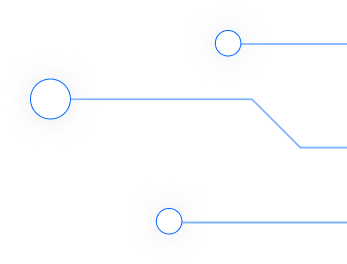
Knowledge mining is the systematic process of extracting meaningful patterns and meaningful insights from vast volumes of information. It goes beyond conventional data analysis, aiming to uncover hidden opportunities and valuable knowledge that may be overlooked through traditional means.
This strategic practice is designed to provide businesses with a comprehensive understanding of their data, allowing them to make informed decisions and gain a competitive edge in the dynamic landscape of today's corporate world.
This transformative journey goes beyond the superficial understanding of data, unveiling profound insights that propel organizations toward unprecedented success.
Understanding Knowledge Mining
At its core, knowledge mining transcends the boundaries of traditional data analysis, aiming to unveil concealed opportunities that may otherwise remain undiscovered.
In business growth, knowledge mining is about more than sifting through information; it is a deliberate and systematic approach to harnessing the power of data. It involves the careful examination of large volumes of information to identify relevant hidden patterns, insights into market trends, and correlations.
Knowledge mining isn't confined to the surface level of data interpretation. Instead, it digs deep into the layers of information, bringing to light insights that might be obscured by sheer volume or complexity. In essence, knowledge mining techniques transform data into actionable knowledge, providing businesses with a competitive advantage in navigating the complexities of the modern business landscape.
Key Components Involved in Knowledge Mining
Knowledge mining involves several components working together to extract meaningful insights from data. Such as:
- Data Collection and Integration: Central to knowledge mining is the collection and integration of diverse datasets. This involves aggregating information from various sources, both internal and external, to create a comprehensive dataset for analysis.
- Natural Language Processing (NLP): NLP plays a key role in knowledge mining by enabling the system to understand, interpret, and drive meaning from human language. This technology facilitates the analysis of unstructured data, such as text documents, social media posts, and customer reviews.
- Machine Learning Algorithms: Machine learning algorithms form the backbone of knowledge mining, allowing the system to learn and identify patterns within the data. Supervised and unsupervised learning techniques are employed to classify, cluster, and predict outcomes based on the extracted information.
- Text Mining and Sentiment Analysis: Text mining involves the extraction of valuable information from textual data, while sentiment analysis gauges the emotional tone expressed in written or spoken language. These components contribute to a deeper understanding of customer feedback, market future trends, and public perception.
- Data Visualization Tools: To communicate valuable insights effectively, data visualization tools are essential. These tools transform complex data sets into visually accessible formats, such as charts or knowledge graphs, aiding decision-makers in interpreting and acting upon the extracted knowledge.
- Cloud Computing: Cloud computing infrastructure provides the scalability and processing power required for huge amounts of data involved in knowledge mining. Cloud-based solutions enable businesses to efficiently manage and analyze data without the constraints of on-premises infrastructure.
- Blockchain for Data Security: As data security is paramount, blockchain technology ensures the integrity and transparency of the information being mined. It provides a secure and decentralized approach to storing and verifying data, reducing the risk of unauthorized access or tampering.
- Automated Learning and Continuous Improvement: Knowledge mining systems often incorporate automated learning mechanisms. This allows the system to adapt and improve over time, learning from new data and refining its analysis processes to stay relevant in dynamic business environments.
Industry future trends highlight a shift towards augmenting human intelligence with machine capabilities. Data mining software is increasingly designed to complement human decision-making, fostering a collaborative environment where machines and human brains work synergistically to derive actionable insights.
Knowledge Mining Benefits for Business
The benefits of knowledge mining extend far beyond data analysis, offering a strategic framework that empowers businesses to thrive in an information-driven era.
Strategic Decision-Making
Knowledge mining empowers businesses to make informed, data-driven decisions. By extracting valuable insights from large datasets, organizations gain a comprehensive understanding of market trends, customer interactions, and operational patterns, enabling a more strategic and effective business decision-making process.
Uncovering Hidden Opportunities
Knowledge mining delves deep into large datasets to unveil hidden business opportunities. By identifying patterns and correlations that might elude conventional approaches or manual analysis, businesses can capitalize on untapped potential and gain a competitive advantage.
Enhanced Customer Experience
By leveraging Natural Language Processing (NLP) and sentiment analysis, knowledge mining provides a nuanced understanding of customer preferences and sentiments. This deep insight allows businesses to tailor products, services, and marketing efforts to align with customer expectations, fostering stronger customer relationships.
Operational Efficiency and Cost Savings
Knowledge mining streamlines operations by automating the analysis of vast datasets. This not only enhances efficiency but also leads to cost savings as businesses can optimize processes, identify areas for improvement, and streamline resource allocation based on data-driven insights.
Improved Product and Service Innovation
The rich customer insights derived from knowledge mining pave the way for innovation in product development and service offerings. By understanding the target market demands and consumer preferences, businesses can align their innovation efforts with evolving trends, ensuring their products and services remain relevant and appealing.
Competitive Advantage in Real-Time
The integration of knowledge mining with real-time data analysis provides businesses with a competitive edge. The ability to respond swiftly to market changes, emerging trends, and customer feedback positions organizations to stay ahead in dynamic and fast-paced industries.
Risk Mitigation and Compliance
Knowledge mining aids in identifying and mitigating risks by analyzing historical data and predicting potential future challenges. Moreover, it facilitates compliance management by ensuring that businesses adhere to regulatory requirements and ethical data practices, reducing the risk of legal issues.
Enhanced Employee Productivity
Automation of data analysis through knowledge mining reduces the burden of manual data processing on employees. This, in turn, frees up valuable time and resources, allowing personnel to focus on more strategic tasks, fostering innovation, and contributing to overall productivity.
Customer-Centric Marketing Strategies
Knowledge mining enables businesses to tailor personalized marketing strategies based on valuable insights into customer behavior. This personalized approach enhances the effectiveness of marketing campaigns, leading to higher customer satisfaction, conversion rates, and overall better user experience.
Adaptability to Evolving Markets
With continuous learning mechanisms, mining tools adapt to changing market dynamics. This adaptability ensures that businesses stay agile, adjusting strategies based on real-time insights and maintaining relevance in the face of evolving market conditions.
As you witness the tangible benefits of well-informed decision-making, operational efficiency, and innovation, it becomes clear that this transformative approach is not just a tool, it's a strategic imperative for navigating the complexities of modern business challenges. Now is the time to integrate knowledge mining into business strategy and propel your business intelligence toward a future of streamlined success.
Frequently Asked Questions (FAQs)
What insights can knowledge mining extract from unstructured data?
Mining tools extract insights like patterns, trends, and sentiments from unstructured data, aiding in decision-making and business development.
Are there industry trends influencing knowledge mining evolution?
Industry trends like big data growth, artificial intelligence (AI) advancements, automation, and ethical considerations are driving knowledge mining evolution, and enhancing knowledge extraction across domains.



